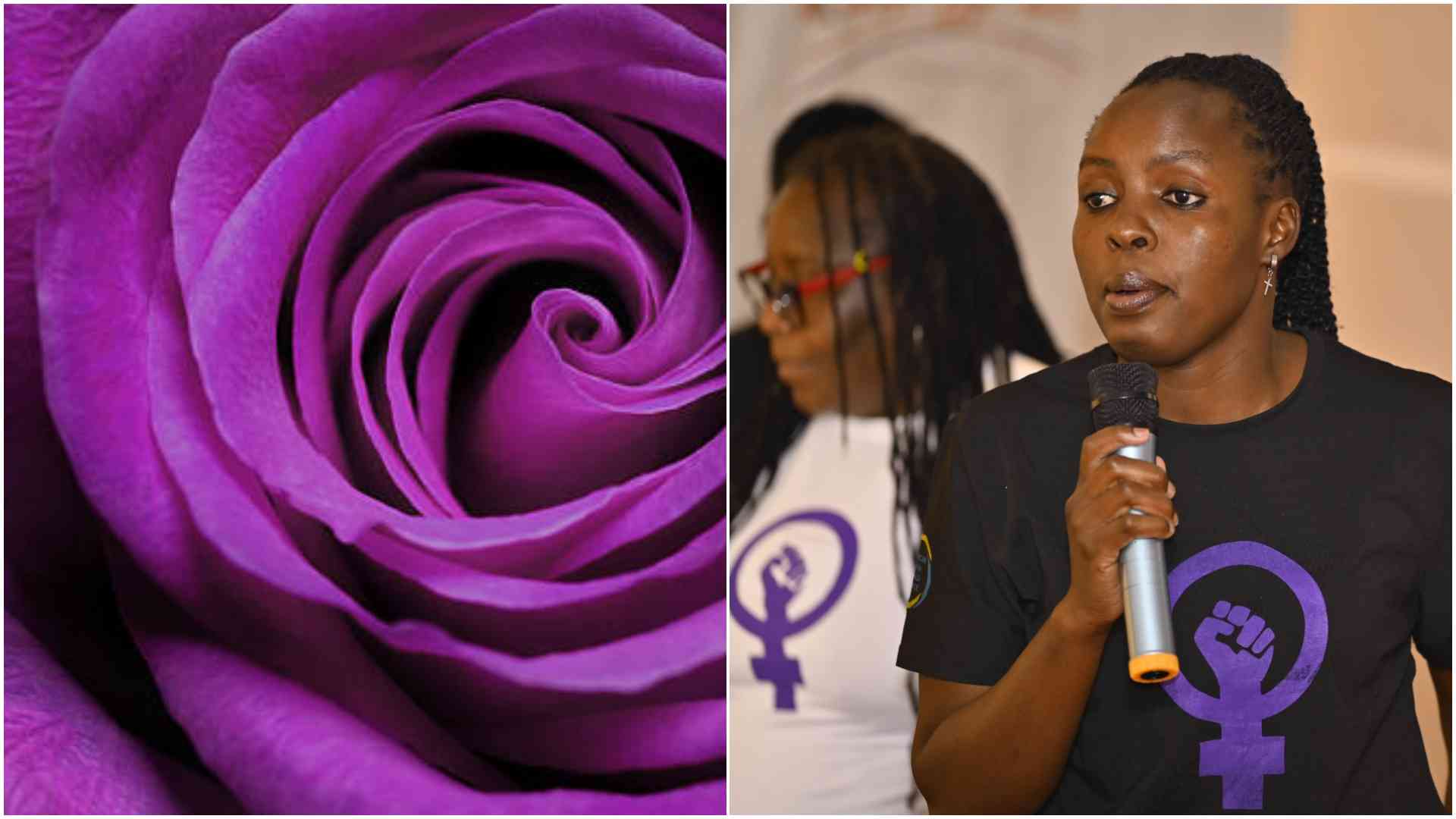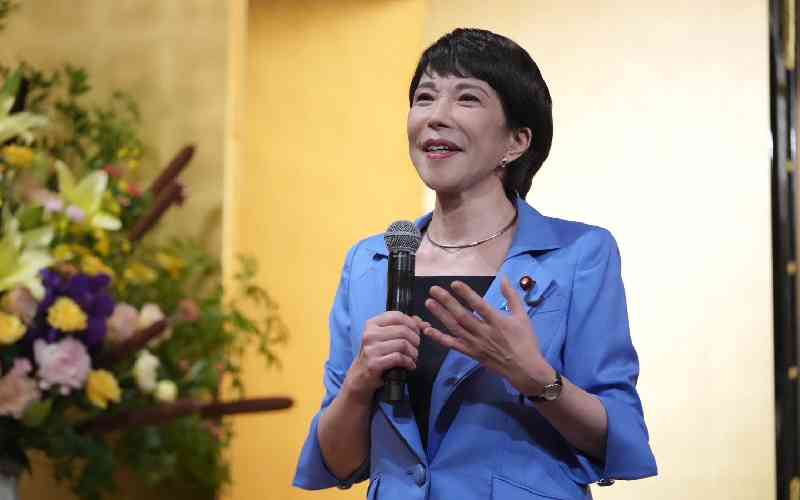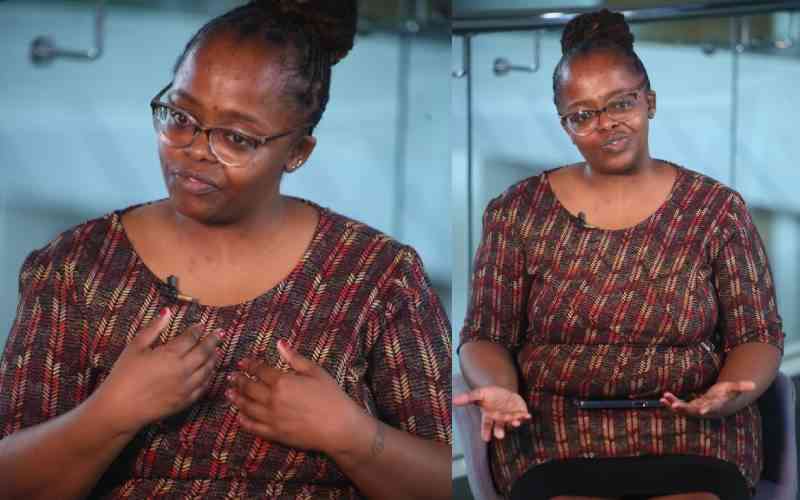
Edward Kosut visits a quarry near Sarwat Village, Nandi County where a group of women have defied cultural stereotypes by establishing a business that helps them put food on the table and see their children through school
Armed with sledgehammers, they navigate the terrain into an open quarry a few kilometers from their home in Sarwat village, Nandi County.
Undeterred by the sweltering heat, the group of 12 women each gather a heap of gravel and, like a synchronised orchestra, they pound the rocks bit by bit.
Facts First
This story continues on The Standard INSiDER. Subscribe now for unfiltered journalism that holds power to account.
Already have an account? Login
 The Standard Group Plc is a multi-media organization with investments in media
platforms spanning newspaper print
operations, television, radio broadcasting, digital and online services. The
Standard Group is recognized as a
leading multi-media house in Kenya with a key influence in matters of national
and international interest.
The Standard Group Plc is a multi-media organization with investments in media
platforms spanning newspaper print
operations, television, radio broadcasting, digital and online services. The
Standard Group is recognized as a
leading multi-media house in Kenya with a key influence in matters of national
and international interest.










